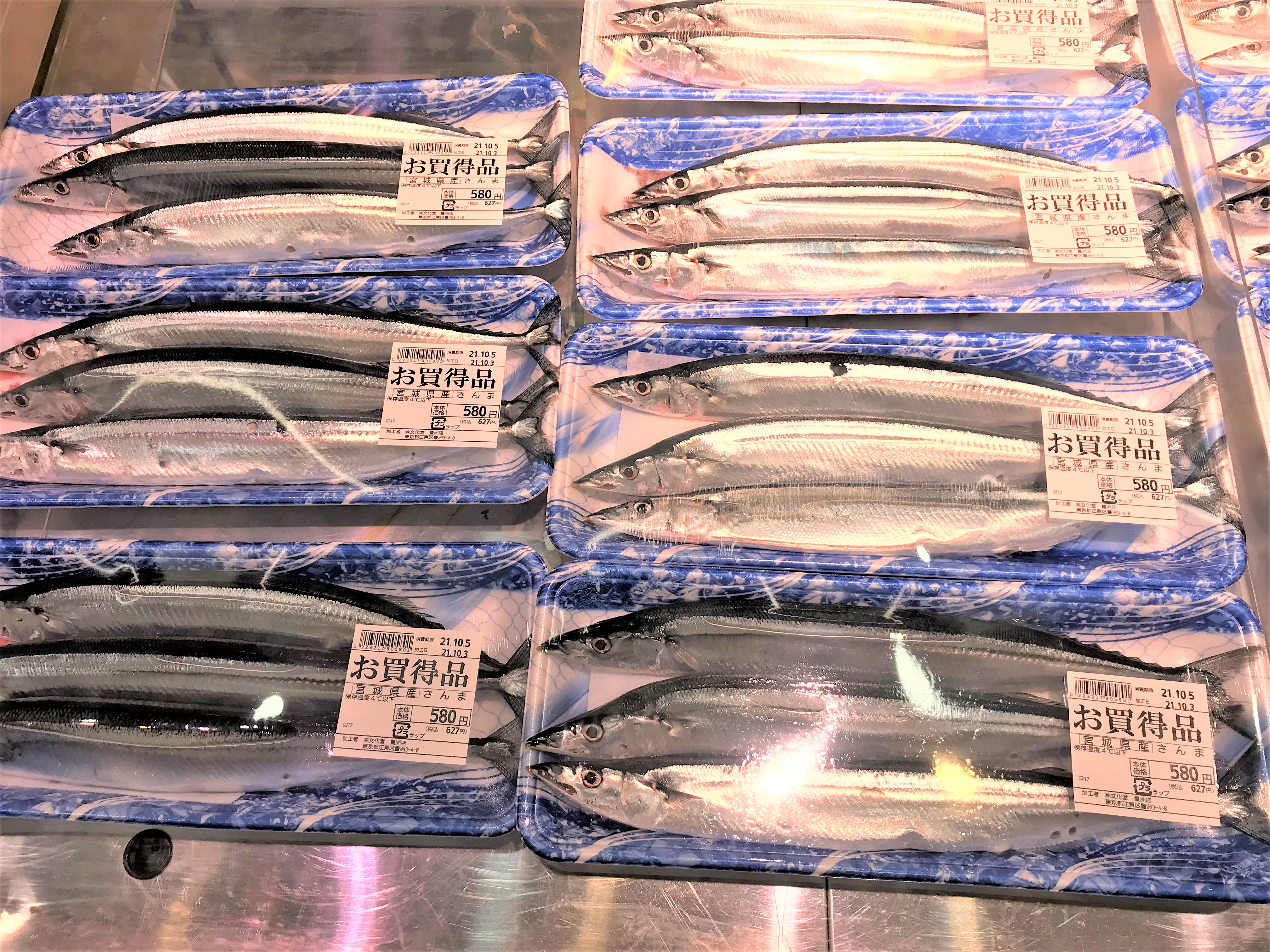Japan is making a surprising recommendation to its citizens: "Eat your Sanma (Pacific saury) now." Sanma, a revered staple in Japanese culture, particularly during the autumn months, is facing increasingly short supply. While reasons for this scarcity are complex, overfishing and rising sea temperatures are significant factors. The urgent suggestion from shops evokes both concern and nostalgia among the Japanese who consider a plate of grilled Sanma a herald of the fall season.
Sanma is deeply rooted in Japanese culture. As it's cyclically abundant in fall, it's traditionally symbolized the arrival of autumn. However, shorter supplies affect not just the culinary scene but also the traditional, seasonal rhythms of life. Japan, a nation that values harmony with nature, is disturbed by this change. This reflects their ongoing concerns about sustainability and the need to balance modern demands with respect for nature.
In the US or EU, local cuisine also often centers around seasonal foods. For example, pumpkin products signify autumn in the US. However, issues like overfishing or climate change affecting food supply may be more typically addressed through regulatory measures rather than an appeal to public eating habits.

